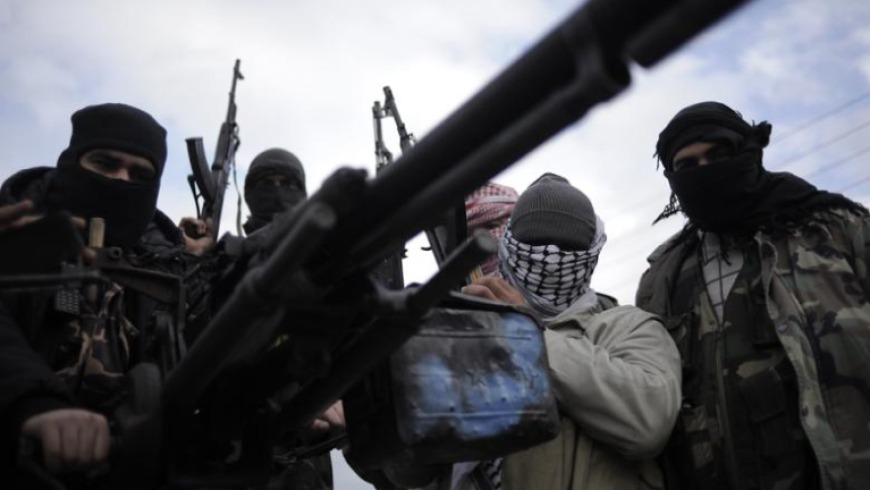The issue of foreign jihadists in Syria remains deeply contentious. It resurfaced recently after leaked reports revealed that the U.S. urged Syria’s new leadership not to appoint non-Syrians to senior positions. Just three weeks after taking power, the government had promoted several high-ranking military officers, including three brigadier generals and three colonels of foreign origin who had not received Syrian citizenship.
The arrival of foreign and Arab fighters driven by religious motivations began in 2012, accelerating as Syria became the central stage for global jihad. Many were drawn to the Islamic State’s utopian vision and invested their resources in its rise—until its collapse in 2019, which marked the decline of the so-called muhajiroun phenomenon.
Syria’s prior lack of exposure to jihadist movements—due to decades of repression under Hafez al-Assad and his son—meant these foreign fighters were initially viewed with romantic idealism. They were seen as selfless Islamic warriors abandoning comfort to defend oppressed Muslims. In the early years of the revolution, when opposition forces faced brutal repression and appealed to all possible allies, foreign fighters were welcomed, celebrated, and integrated—particularly before ISIS revealed its brutal authoritarianism, largely led by non-Syrians.
The Assad regime, meanwhile, used the presence of foreign fighters to fuel fear among its supporters, depicting them as barbaric invaders bent on violence and domination. This narrative was easy to sell once ISIS emerged. Paradoxically, the same loyalist audience had no qualms when foreign fighters from Iran, Iraq, Lebanon, Afghanistan, and Pakistan fought alongside the regime under a similarly radical ideological framework.
Likewise, Kurdish forces in the northeast saw no issue in granting prominent military and civilian roles to Kurds of foreign nationalities within their Autonomous Administration.
In short, every faction had its “preferred foreigners” and its scapegoated ones. The only universally admired foreign fighter across all camps was the Argentine revolutionary Che Guevara.
Estimates suggest a few thousand foreign jihadists remain in Syria, with some cases involving entire families, like the Uyghurs affiliated with the Turkistan Islamic Party. These fighters are organized in various forms:
- Some were part of Hay’at Tahrir al-Sham (HTS) before its partial dissolution.
- Others retained parallel affiliations while maintaining a steady alliance with HTS.
- Smaller groups stayed on frontlines under HTS oversight but without authority over wartime decisions.
- Some have opposed HTS, even declaring it apostate and engaging in internal conflict.
- Others have withdrawn from combat, turning to private life or religious education.
The fate of these individuals divides Syrian society. One camp—led by the current Damascus authorities—sees it as a betrayal to expel those who fought and suffered alongside Syrians. They argue that these fighters deserve protection, not deportation to countries where they may face torture, prison, or death. To them, these foreign comrades were often more loyal than Syrians who sought comfort abroad or, worse, participated in the regime’s atrocities.
Yet, many Syrians reject this sympathetic view. They recall how some foreign jihadists fought against opposition factions, seized towns, and took part in intra-rebel conflicts. Videos of foreign fighters making sectarian threats during recent massacres in Alawite villages only deepened the mistrust.
Like other post-conflict dilemmas in Syria, this issue demands open, inclusive societal debate under fair and stable conditions. Bosnia offers a possible model: it integrated its Islamist volunteers through legal frameworks that protected them while ensuring the state remained under local control and free from international embarrassment as a haven for jihadism.
This balance—between gratitude, justice, and national sovereignty—may be Syria’s most difficult test in the post-war era.
This article was translated and edited by The Syrian Observer. The Syrian Observer has not verified the content of this story. Responsibility for the information and views set out in this article lies entirely with the author.


